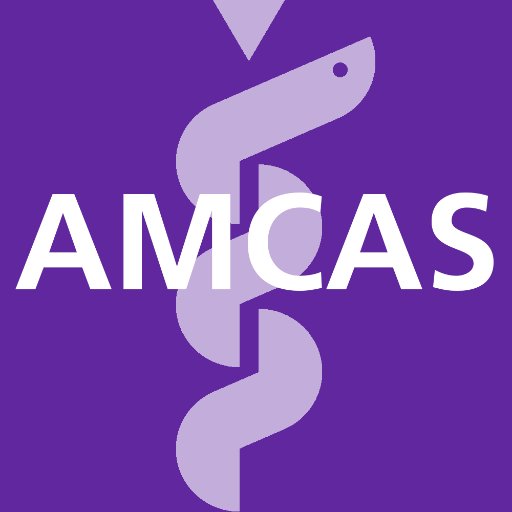Two surprising things that medical schools really care about

Medical schools care about alot of things. They have many expectations of those who apply to their programs. They want a high GPA, good MCAT, shadowing hours, volunteering, unique experiences that make you a good candidate, letters of recommendation. These are the things that most pre-meds know about. There are however many other things that medical schools value in a candidate which they don’t put onto their website. Knowing the things that medical schools value in their candidates is what can tip the odds into your favor when applying against other strong applicants. You can leverage this information to your advantage in your medical school applications and you should. During my first year of medical school I realized two things that I wish I knew before applying that could have made my application even more competitive! I want to share that with you all.
1. You have the ability to be self-sustaining and can cope with stress
This was made surprisingly important during our orientation of medical school and through out the year by faculty. During orientation we went over about the realities of physician burnout and how medicine can be stressful. We also went over various coping strategies and self-care methods to know for at least an hour! They also spent an incredible amount of time talking about all the services the school offers for students for their well-being. Then throughout the year we had several mandatory wellness sessions that included activities such as teaching us how to cook simple meals and talking about the importance of mental health. This includes taking proper measures to ensure you have health coverage, whether through insurance or savings (HSA Future Value Calculator). So it can go without saying that they really care that their students are healthy and happy! How can you use this to your advantage as a pre-med? Simple. Make sure that you emphasize in your application and during your interview numerous ways that you cope with stress in healthy/positive ways. This could be things like running, meditating, reading books, playing sports, etc. You want this to be authentic though, you should have more to say than I like to run. Maybe mention that you have ran a few marathons. This will be more memorable and impactful than just saying you like to run. As a side note, remember you always want to try and find ways to be unique and stick out in a good way to the admissions team! Besides showing that you have ways to cope with stress you also want to emphasize that you are self-sufficient and can take care of yourself. This can be done via certain activities such as cooking or if you lived abroad before. Ultimately just try to find authentic ways you can show the medical team that you have what it takes to handle the stress load of medical schools because that’s what they want to know.
2. You can help your classmates be successful
This goes along with the last point which is that medical schools want to know that their students can handle the stress load of medical school. The medical schools are investing alot of time and resources into turning you into a doctor! They want to make sure that everyone they accept will succeed and become a doctor. They don’t want students who will give up and quit out, that represents a loss of time and resources on their behalf and makes them look bad. You must remember this when applying! They want all of their future students to succeed. That is why they require such high GPAs, MCATs, volunteering, shadowing, letters of reccomendation, etc. It is because they want to be assured that their students can succeed. This is why having the ability to help your classmates succeed is something that medical schools want in an applicant. Often times the success of students lies not just in themselves but in having great classmates who will help eachother out. Showing to medical schools that you will be a student who is group-oriented and is a team player will make them feel you are a good addition to the class and can provide some benefit to the other students.Knowing this will help you fine-tune your application to making the medical schools want you! If you can not only show that you can handle medical school and succeed but also show that you can help support your classmates do it then that makes you really appealing in the eyes of the medical school! You can show this through activities such as being a tutor, being a peer mentor, serving a leadership position in some club at school, and even if you have done alot of team sports (soccer, basketball, etc.). These activities help provide the image of someone who is team oriented and knows how to work well with others.
Alright so keep these tips in mind when you are deciding on what extra-curricular activities to choose as a pre-med and what you want to emphasize on your application! Think like the medical school and know what their agenda is. If you know what they want then you will be able to turn yourself into a stronger applicant! Its the small things like this that add up and make you get that spot in your dream medical school!
Check out this video I made on the topic! Youtube video



